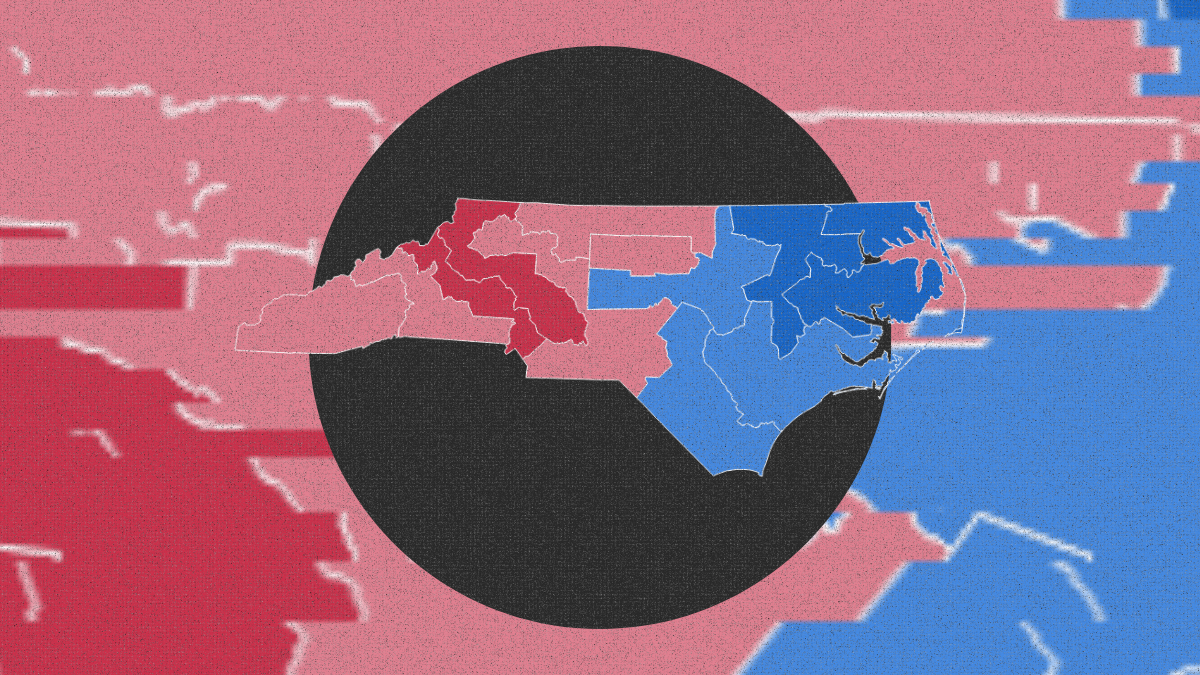A federal lawsuit accusing North Carolina Republicans of racial gerrymandering is heading to trial.
Two voters will make their case that Republicans illegally split Black communities in Eastern North Carolina among several electoral districts — effectively diluting their voting power. Courts have previously ruled that racial gerrymandering violates the Equal Protection Clause of the Constitution because it amounts to a discriminatory voting practice.
Republican leaders argue there’s no evidence of racial gerrymandering. The nonpartisan Princeton Gerrymandering Project gave the NC Senate maps an “F” grade in its most recent analysis, indicating that the maps were clearly drawn to give Republicans an advantage in elections.
The court’s decision could have major impacts on the partisan makeup of the state legislature. Democrats recently broke the Republican supermajority in the NC House but fell just one seat short of breaking the Republican supermajority in the Senate.
If a court had ruled in the voters’ favor before the election and ordered the creation of a majority-minority district, it’s likely that Democrats would have ended the GOP’s supermajority in the Senate, too.
Unfortunately, North Carolina is familiar with Republican attempts to suppress Black voters. Since the 1990s, the state has seen multiple lawsuits over gerrymandered maps. North Carolina now has a reputation for being one of the most gerrymandered states in the country, often splitting communities into districts based on racial identity or party affiliation.
Outside of gerrymandering, Republicans have attempted to suppress Black voters at the polls. In 2016, a strict voter ID law was struck down by a federal court of appeals, saying that it was meant to “target African-Americans with almost surgical precision” in an effort to depress voter turnout.





